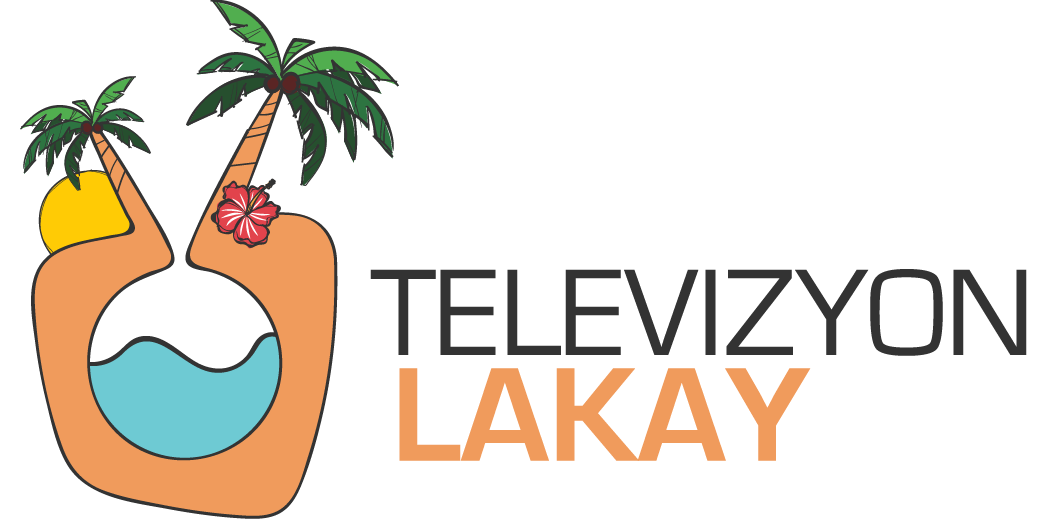Jamaican Born Doctor Inspires to Fix the Everyone: The Amazing Journey of Dr. James Frater
James Frater grew up in Portland, Jamaica, and overcame significant obstacles on his journey to becoming a doctor. Along the way, Frater realized that he would have to learn about public health systems if he would succeed with his plan: “I’m going to fix everyone.”
Personal experience spurs his desire to become a doctor
James Frater knew, even as a child, that it wasn’t normal to seek hospital treatment every few weeks. Frater suffered from uncontrolled asthma, and in Portland where he was raised there were few medical resources. He remembers that several of his asthma attacks nearly ended his life. These experiences inspired him to declare at the age of five that he was going to be a doctor when he grew up so he could “fix everyone.” He displayed his dedication to the plan by starting a “clinic” in his backyard. to “treat” his supportive grandmother for numerous imaginary illnesses.

Mentors helped him face social and financial challenges
In 2002, when Frater was six years old, his family moved to London to find better treatment for his asthma. However, the family was challenged by the long-standing discrimination against Caribbean immigrants in the United Kingdom that often excluded them from educational and work opportunities. Luckily, Frater found mentors who helped him succeed, including a teacher who tutored him early in the morning so he could meet the application requirements for competitive medical degree programs, and the Amos Bursary, a philanthropic organization that supports young British students of African and Caribbean heritage. With their help, he was accepted to King’s College London and graduated in 2022
Research in Gambia
Before he entering college, the Amos Bursary and Imperial College London made it possible for Frater to spend three months in Gambia where he was involved with a research project that showed how effective screening, treatment, and prevention of Hepatitis B can reduce the incidence of liver cancer. Frater said his experiences in Gambia, especially with children in local orphanages who had few resources to pursue their potential, showed him again how disparities hold people back and caused him to become even more committed to his goals.
Taking another degree to become even more useful
While Frater was earning his medical degree, he took a year to earn a BA in Management at Imperial College London in order to expand his ability to serve communities in need. He knew he had to learn to provide healthcare at organizational and systems levels to provide better access to care in these communities. He also co-founded The Ladder Project, an enterprise designed to educate students from underprivileged backgrounds in basic skills in public speaking, networking, and creating a personal brand.
Current work and projects
During his education, Frater has become increasingly interest in how social factors determine the health of populations. He notes that, as a doctor, he wants to see people come to the hospital, but he knows that many people “never make it,” and he wants to solve the problems that stand in their way when they seek help. His education at Harvard Chan School has given him a broad view of systemic inequalities that impact care and has researched and written on Caribbean health inequities. He works with the nonprofit Community Solutions to end homelessness and created a policy and implementation guide to help states and cities in the US to address the issue via a public health structure. He also prompted Harvard Chan School to do more for its local community in Boston, Massachusetts, through its Day of Service program in which volunteers help pack winter kits for individuals without housing, as well as fill backpacks with school supplies for refugee and immigrant families who are newly arrived in the community.

“Living audaciously” and serve those in most need
Just before his graduation from medical school, Frater gave a TEDx talk about “living audaciously” in which he emphasized how important it is to live the life of your choice rather than one that is expected. He drew on the life stories of friends who had overcome serious health obstacles and other hardships to attain their goals. He also shared his story about succeeding against all odds. He concluded by saying, “It’s important you live a life that you choose…and more importantly to help others live a life that they choose too.” While he is unsure of his future plans, he will continue to focus on homelessness and global health issues, hoping to use everything he’s learned in school to establish in global health organizations that innovate in areas of health equity and that permit him to serve the people in most need.
Photo – James Frater
